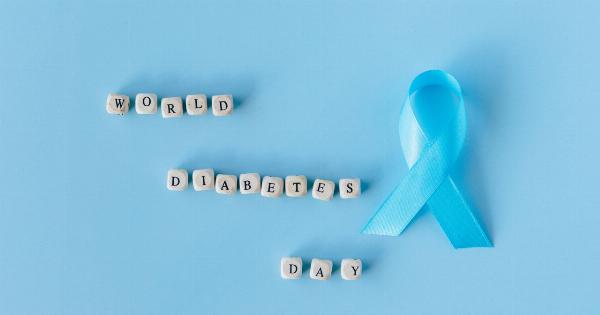Urinary tract infections (UTIs) are a common bacterial infection that affects millions of people worldwide every year. Although antibiotics are effective in treating UTIs, some individuals experience recurrent UTIs.
According to the National Kidney Foundation, around 20% of women experience a second UTI within six months of their first, and around 30% of women who have had a UTI will have one again within a year. However, a new drug combination has been found to effectively treat recurring UTIs.
What is a Urinary Tract Infection?
A UTI is an infection that affects any part of the urinary system, including the kidneys, bladder, urethra, and ureters. Most UTIs affect the bladder and urethra.
The symptoms of a UTI include frequent urination, a burning sensation during urination, cloudy or foul-smelling urine, and lower abdominal pain.
Why Do UTIs Recur?
UTIs are typically caused by bacteria, including Escherichia coli (E. coli), which is the most common cause of UTIs. When bacteria enter the urinary tract, they can multiply and cause an infection. Antibiotics are typically effective in treating UTIs.
However, some individuals experience recurrent UTIs, which can be caused by a variety of factors, such as:.
- Abnormalities in the urinary tract structure
- Kidney stones
- Weak immune system
- Problems emptying the bladder completely
- Sexual activity
- Use of certain types of birth control
The New Drug Combination
A new drug combination consisting of nitrofurantoin and fosfomycin has been found to be effective in treating recurring UTIs. Nitrofurantoin is an antibiotic that has been used for decades to treat UTIs.
Nitrofurantoin works by inhibiting bacterial cell wall formation, preventing bacteria from multiplying and causing an infection. Fosfomycin is another antibiotic that works by inhibiting bacterial cell wall formation. Fosfomycin is relatively new and has been used to treat some UTIs, but it is not commonly used.
A study published in the New England Journal of Medicine found that the combination of nitrofurantoin and fosfomycin was more effective in preventing recurrent UTIs than nitrofurantoin alone.
The study involved 256 women who had at least three UTIs in the previous year. The women were randomly assigned to one of three groups: a group that received nitrofurantoin alone, a group that received nitrofurantoin and fosfomycin, and a group that received a placebo.
The women took the medication for three days after sexual activity.
The study found that the group that received nitrofurantoin and fosfomycin had fewer recurrent UTIs than the group that received nitrofurantoin alone or the placebo group.
The group that received nitrofurantoin and fosfomycin had a 25% reduction in the number of UTIs compared to the nitrofurantoin-only group and a 38% reduction compared to the placebo group.
Why is the New Drug Combination Effective?
The new drug combination is effective because it targets two different mechanisms of bacterial cell wall formation, making it more difficult for bacteria to develop resistance to the antibiotics.
Additionally, nitrofurantoin and fosfomycin have different spectra of activity, meaning they target different types of bacteria. The combination of these two antibiotics can effectively target a wider range of bacteria than either antibiotic alone, increasing the likelihood of preventing recurring UTIs.
Conclusion
Recurring UTIs can be a frustrating and painful experience. However, the new drug combination of nitrofurantoin and fosfomycin offers hope for individuals who experience recurrent UTIs.
This drug combination can effectively prevent UTIs and reduce the need for repeated antibiotic use. If you experience recurrent UTIs, talk to your healthcare provider to see if the new drug combination may be right for you.





























